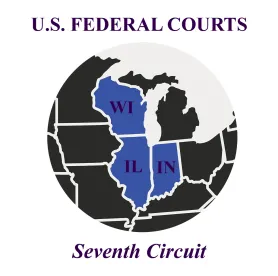On October 5, 2021, the United States District Court for the Southern District of Illinois denied the plaintiffs’ Motion for Class Certification in Morr v. Plains All American Pipeline, LLC 2021 WL 4478660 (S.D. Illinois, September 30, 2021). Plaintiffs’ claims arose out of a 2015 spill of approximately 100 barrels of crude oil at a pump station near Pocahontas, Illinois, caused by a failed tubing fitting. The oil traveled from the pump station property to a ditch and then to Silver Creek. The oil did not extend beyond the Silver Creek shoreline.
Plaintiffs’ claims included a violation of the Oil Pollution Act, trespass, negligence, negligence per se, public nuisance, and continuing public nuisance. The proposed class included those who owned or leased properties in three communities from July 10, 2015 (the date of the spill) to the present. The three communities were more than 2.5 miles away from any area shown to have elevated levels of oil constituents.
The Court denied plaintiffs’ motion on several grounds. First, the Court held that the plaintiffs failed to show that the class was ascertainable. The Court found the definition of the class to be overbroad, because it was based on living in the geographic area during a particular time and not on any “objectively ascertainable factors” such as a specific harm suffered. The Court noted that it could lead to people without standing to sue on their own to be included in the class. In fact, the majority of people who would be included in the proposed class could not have suffered an injury or harm, because they did not have property on the shoreline of the spill’s path.
Second, the Court found that plaintiffs did not meet the numerosity requirement, because the evidence showed that there were unresolved claims for only 11 properties located along the spill pathway. The plaintiffs did not provide evidence that joinder of the unnamed plaintiffs would be impractical.
With respect to the other Rule 23 factors, the Court found that the plaintiffs had met the commonality requirement because the root cause of the release, the defendants’ liability, and the nature and scope of the harm were all common issues to be addressed. The Court also found that the plaintiffs satisfied the typicality requirement because all potential class members’ claims were based on the same event; factual inconsistencies, such as the lack of shoreline frontage for most of the proposed class, were not enough to defeat typicality. The Court similarly found the adequacy requirement satisfied because the named plaintiffs had vigorously prosecuted the action and had sufficient interest in the case.




 />i
/>i
